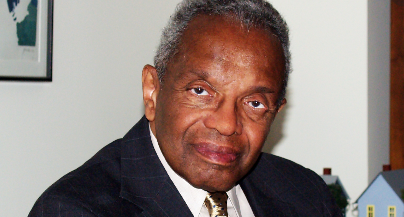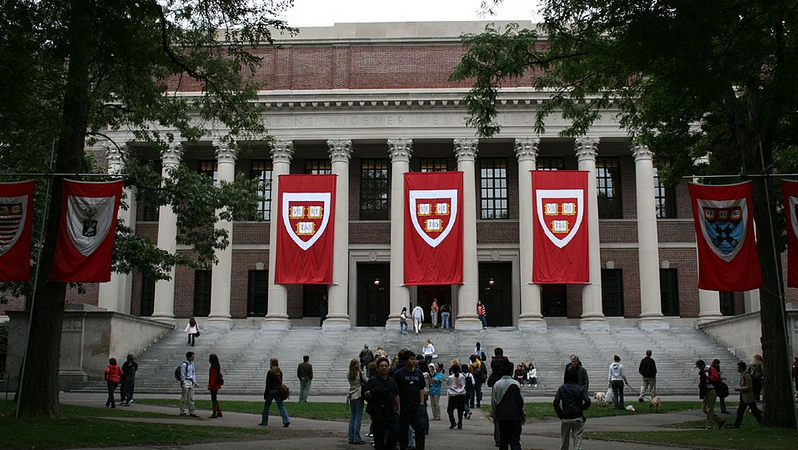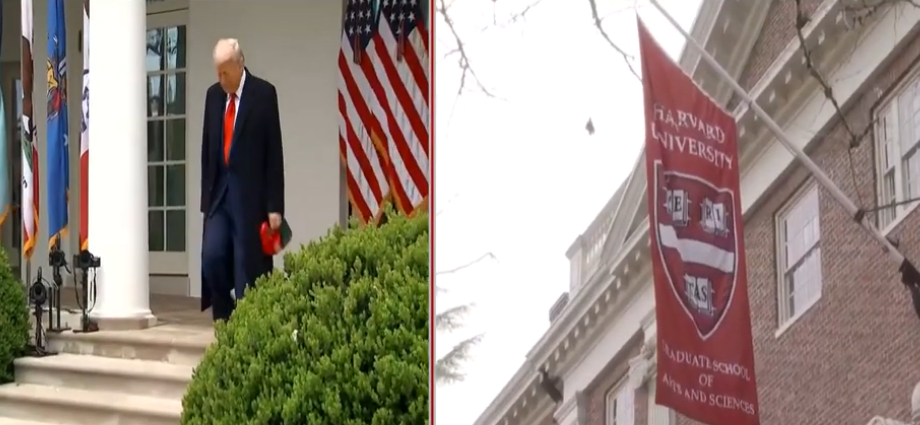Photo: Wikimedia Commons
The Karl Marx of critical race theory was a bespectacled, mild-mannered man with a slightly whimsical voice. Born a year after Martin Luther King Jr, Derrick Bell became the first Black American to be a tenured professor at Harvard Law School.
It should never have happened: neither of his parents attended college, and Bell himself had studied at the relatively undistinguished Duquesne University in Pittsburgh. Today, his central argument, that racism is a permanent feature of American society, is now mainstream.
Critical race theory is now widely accepted by the liberal-Left media and much of academia. It’s not just the bad laws of the Jim Crow south. And it’s not just a few racist people here and there. Racism is not some bad apples; it is as American as apple pie.
For Martin Luther King and, later, Barack Obama, American racism was the consequence of a liberal and egalitarian country failing to live up to its principles; for supporters of critical race theory, by contrast, these principles were predicated on the subjugation of Black people. The American Dream is rotten to the core.
In critical race theory, then, the key historical moment is not the abolition of slavery — or the passing of the Civil Rights Act in 1964, which brought an end to segregation in public places — but the 1954 Supreme Court ruling that “separate but equal” public schooling was unconstitutional. It violated the fourteenth amendment — which, after former slaves were granted citizenship, had assured all citizens “equal protection of the laws”. If Black Americans have separate schooling, they can’t realise that equality: so concluded the landmark Brown v. Board of Education case. Read more.







